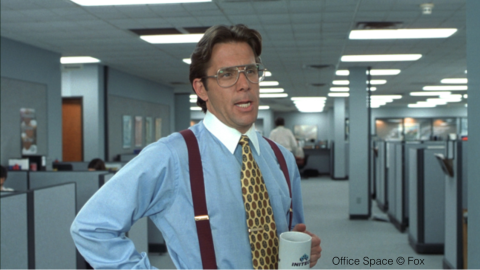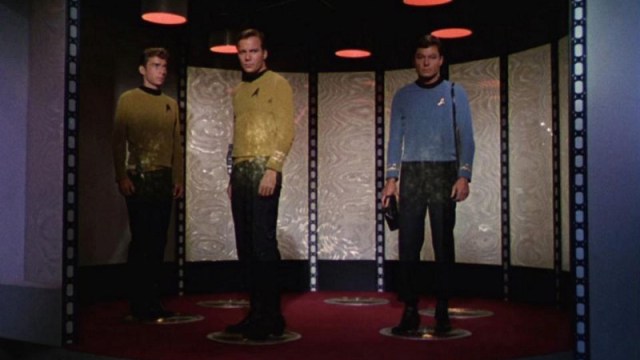Why High Performing Employees Don’t Like Cooperative Offices.

We often wonder how great ideas happen at the workplace. While most of us are stuck working in drab cubicles, attending a regularly scheduled, and often dull meeting; others work in open-plan offices or fantastic new complexes where the idea of promoting lateral thinking and the interconnectivity of workers is built into these radical spaces, along with opportunities for impromptu collaboration.
In an intensive study on how high performers are viewed and treated by their peers, the researchers found that attempts to undermine high performers increased dramatically as offices became more cooperative. However, it was found that the undermining was tied primarily to the perception of the high performer being a threat, rather than envy.
Office politics is nothing new, but in an office with less defined spaces and a greater social element to the work day, the potential for it to become particularly damaging is increased. In the same vein, while introverts might find the traditional office tolerable, there is little doubt they would find the collaborative office horrid.
Now, the news isn’t all bad for these office layouts. According to the researchers, “such contexts can improve learning information sharing, coordination, and productivity in groups”. It also found that, while there were some minor benefits to high performers by this kind of environment, as increased cooperative environments also promoted support from coworkers. However, the benefits were “washed out” as the level of cooperation encouraged by the office increased.
Globally, 25% of high performing employees express a desire to work elsewhere within a year. While this is typically thought to be caused by better opportunities elsewhere, the prevalence of undermining in the modern workplace can be a major factor. The clever manager should consider how social interactions at the office can be driving away the best performing employees, and everybody should watch their back for people who see them as a threat.




